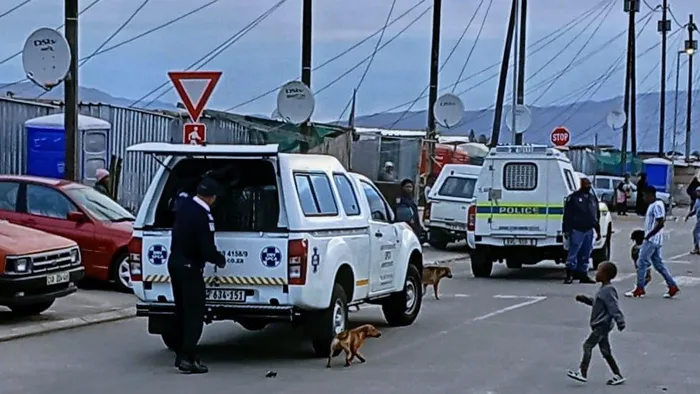NSPCA opposes legalisation of dog hunting and greyhound racing in South Africa

The Cape of Good Hope SPCA
Image: Supplied
Seventy-six years after greyhound racing was outlawed in South Africa, the National Council of SPCAs (NSPCA) is once again fighting to stop renewed attempts to bring it back, this time alongside a proposal to legalise hunting with dogs.
The Amaphisi Hunters’ Association (AHA) has submitted a memorandum to the Presidency, supported by the South African Dog Racing Association (SADRA) and GFA, calling for amendments to environmental and animal welfare laws to allow both activities. The memorandum, submitted in August 2025, argues that legalisation would stimulate job creation, promote culture and tradition, and generate economic benefits.
The NSPCA has strongly rejected the proposal, stating that cruelty is unavoidable in these practices. “We cannot use the facade of tradition and job creation to justify what is ultimately the deliberate and cruel commodification and exploitation of animals,” said Grace de Lange, NSPCA Chief Operations Officer. “These lucrative activities only benefit the human patrons. The welfare of the dogs and the preservation of the prey species are at significant risk.”
For more than 32 years, the NSPCA has documented evidence of abuse and neglect in both greyhound racing and hunting with dogs. The council, which said these practices contravene the Animals Protection Act 71 of 1962, prohibits baiting or inciting one animal to attack another.
The AHA has gone further by suggesting it should become the sole body authorised to oversee hunting with dogs, with exclusive rights to hunts on state-owned land and to breed hunting dogs. It proposed that this be funded by revenue from greyhound racing.
In its memorandum, the association attempted to address welfare concerns by proposing hunting seasons, limited licences, and rules to restrain dogs until a target animal is identified. It also called for organisations such as the NSPCA, which it labelled “unauthorised,” to cease what it described as “harassment.”
The NSPCA has dismissed these assurances, saying cruelty is built into the system. According to the council, dogs used in racing and hunting are often deprived of food, water, shelter, and veterinary care, while overbreeding contributes to overpopulation. Prey animals also endure prolonged suffering, as dogs do not always kill instantly and victims are sometimes beaten to death.
The NSPCA has lodged an urgent objection with the Presidency and the Department of Agriculture, stressing that it is fulfilling its legal mandate to prevent cruelty. “Our opposition is to practices that deliberately inflict suffering,” the council said.
It has called on South Africans to stand against what it terms an attempt to “legalise cruelty” under the guise of cultural preservation and economic benefit.